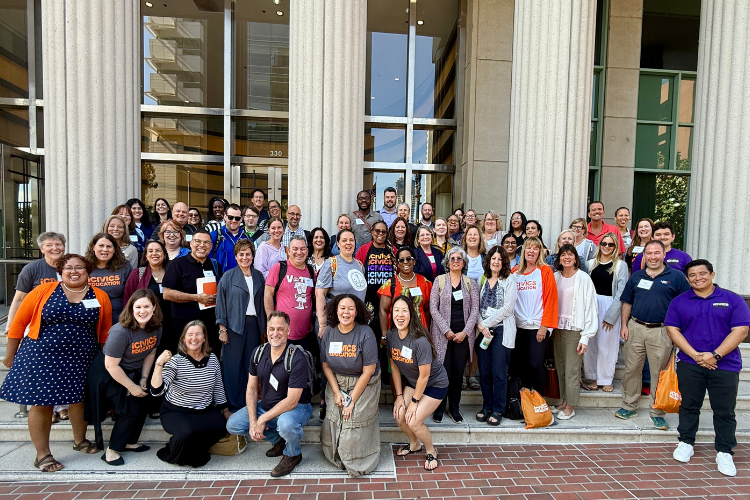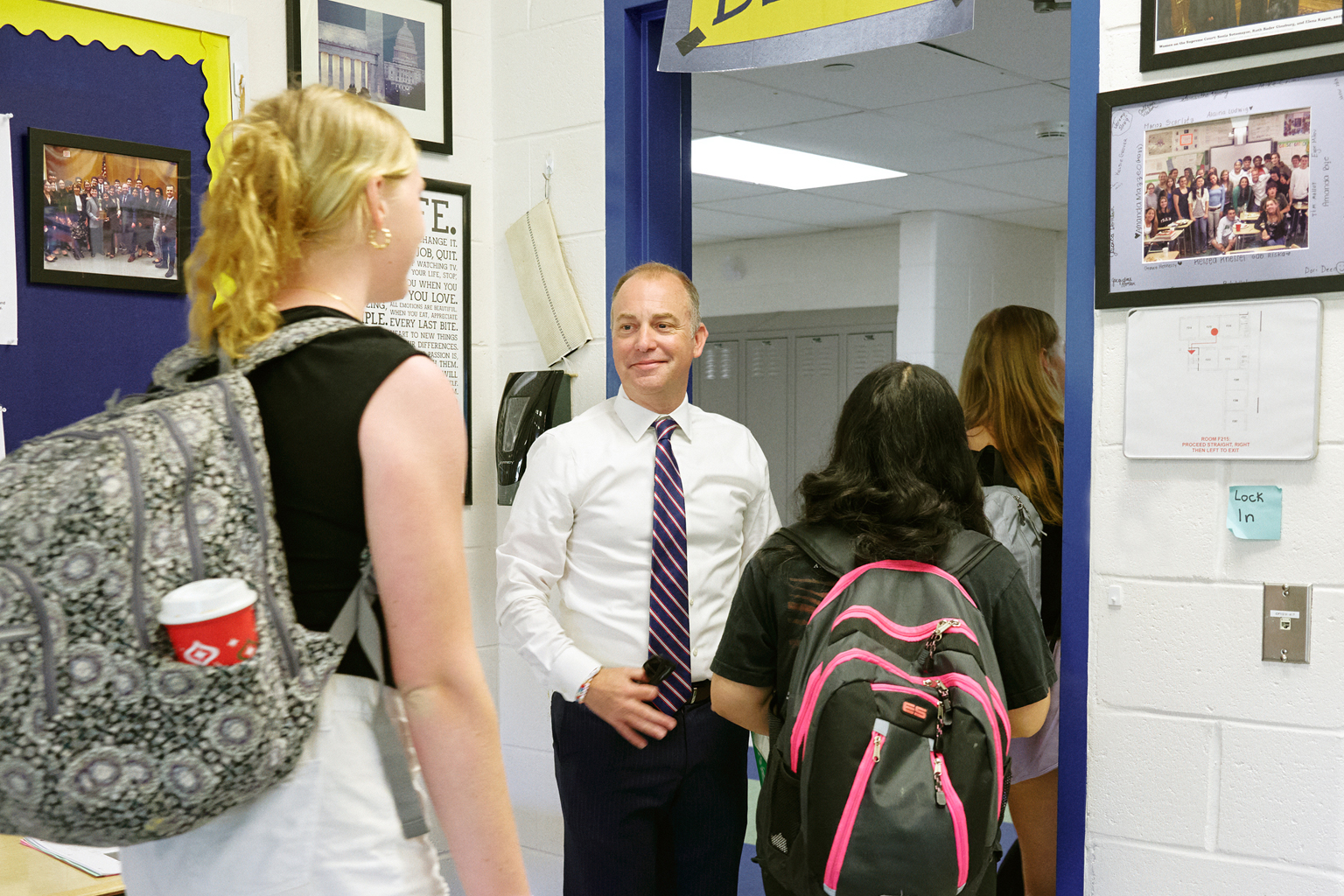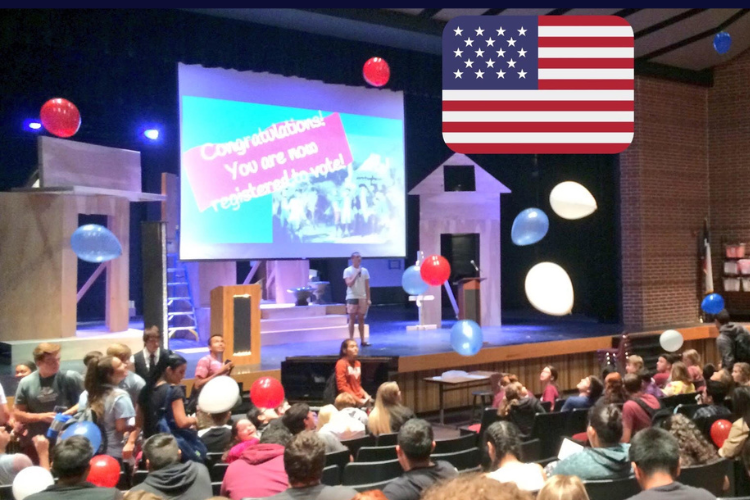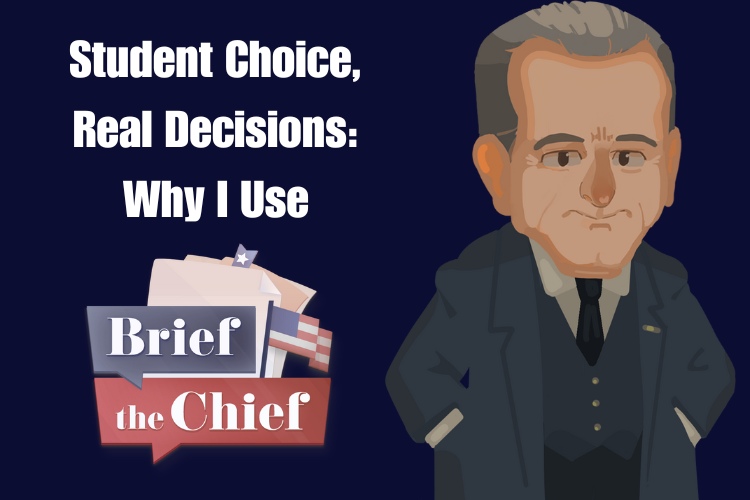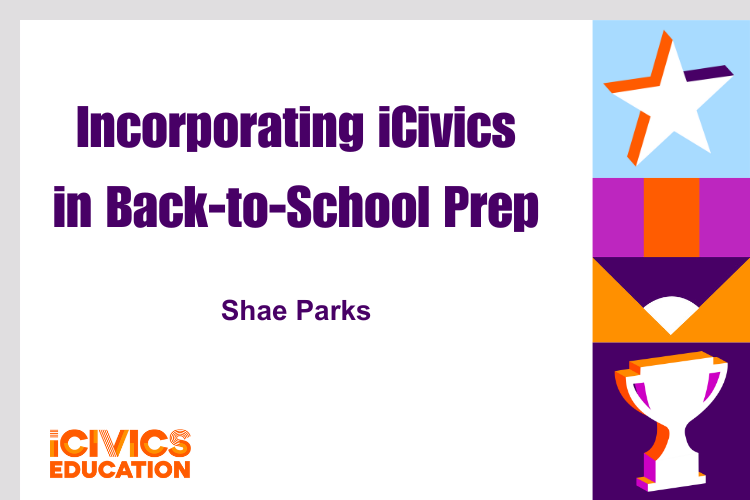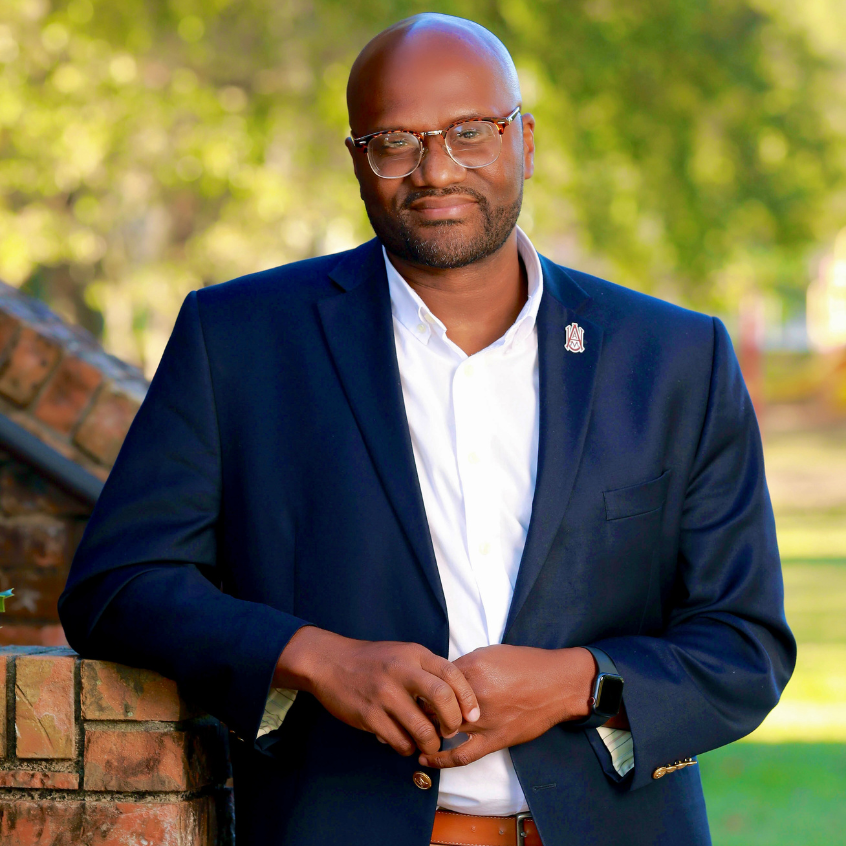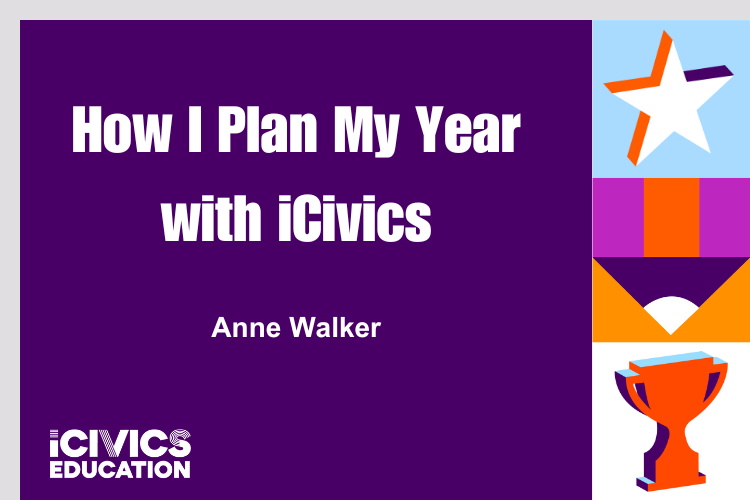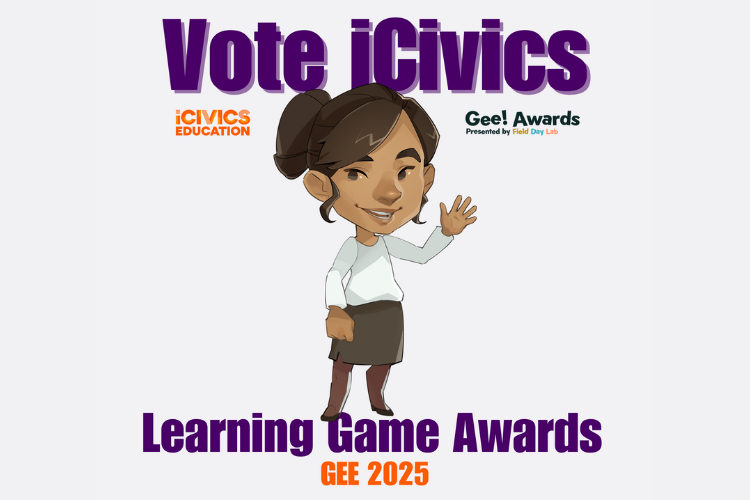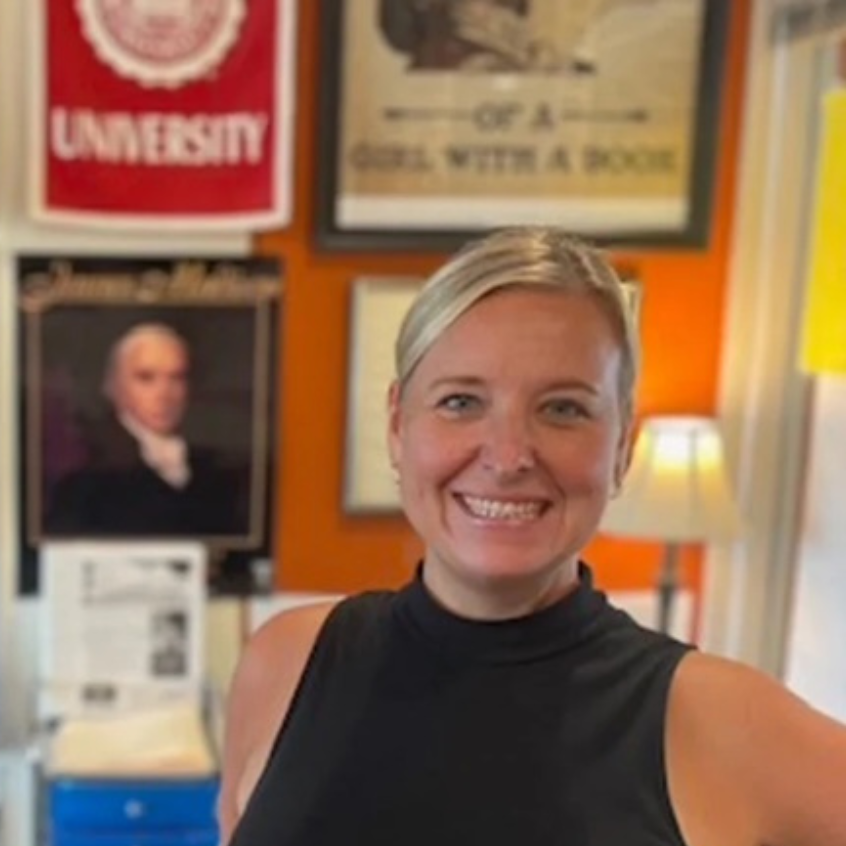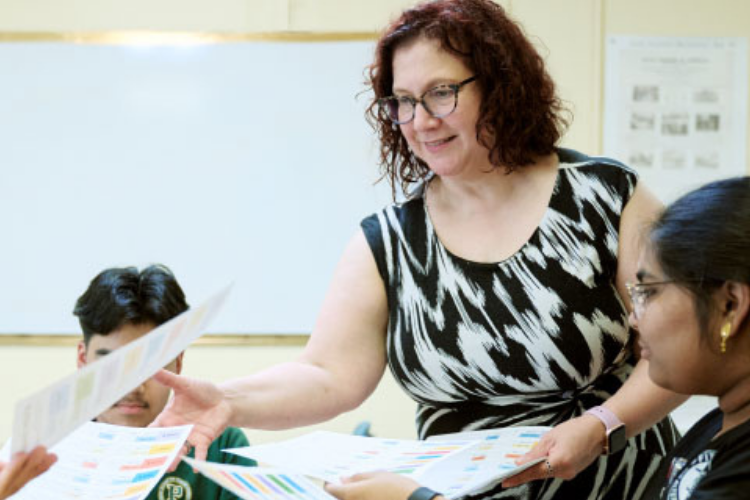On June 25, 2025, we were excited to host our second annual iCivics Educator Convening and bring together 64 educators in San Diego, California. For the second year in a row, this event was hosted in partnership with California’s Power of Democracy Civic Learning Initiative, sponsored by Chief Justice Patricia Guerrero, to bring equity to civic learning across the state of California by connecting courts with educators. The participants represented 14 states across the country and came together excited to learn, build community, and inspire each other. Throughout the day, they grappled with topics such as youth voice, advocacy, elementary civics, civics projects, using games in the classroom, inquiry, and media and information literacy.
As San Diego Superior Court Presiding Judge Maureen Hallahan said, “Our court hosts a wide variety of programs and events for San Diego-based students and teachers. So for us to be able to open our doors for a national convening, to see my courtroom turn into a classroom, that makes me proud. And I can see that our outreach staff is proud of what they were able to accomplish here.”
Educators from California and abroad had wonderful takeaways from the day:
- “I’m not a history instructor, so I used to think it was all about regurgitating random facts. I came because I hoped to find intersection with my work with service learning, and, just as I hoped, there are lots of ways civic engagement ties into service work. I am so appreciative of the workshops, time to meet other practitioners and positive energy around student voice and engagement. The student panel was refreshing and welcomed.” -Germaine J., California
- “I didn’t really know anything about civics and how to get started- I am a first year teacher and have felt so overwhelmed this past year, now I feel more capable and have a deeper understanding of how to begin my year.” -Olivia J., California
- “It was amazing to be able to connect with other high school, middle school, and elementary teachers across the United States,” he said. “I met some people who are from Texas—not very far from me—we’re already thinking about collaborating and finding ways. It was a very, very good experience for me, and I’ll definitely participate again.” -Toyosi S., Texas
The program kept educators captivated throughout the afternoon with an interactive general session about legal topics hosted by a panel of Justices including Justice David Rubin and San Diego Superior Court Judges Carolyn Caietti, Ana España, Marissa Bejarano, and Justice José Castillo and a special surprise visit from California Chief Justice Patrcia Guerrero.
The entire convening was a huge success and only made possible by the collaboration between the amazing Power of Democracy staff and the iCivics team.
Written by Natacha Scott
As the Director of Educator Engagement at iCivics, Natacha focuses on growing the engagement of educators in-person and virtually through professional development sessions, curriculum, and other experiences. Prior to joining iCivics, Natacha was an educator at Boston Public Schools for 14 years, serving in various roles from elementary classroom teacher to the district K-12 Director for History and Social Studies. She is passionate about place-based learning and engaging educators in meaningful learning experiences that can immediately translate into the classroom.

